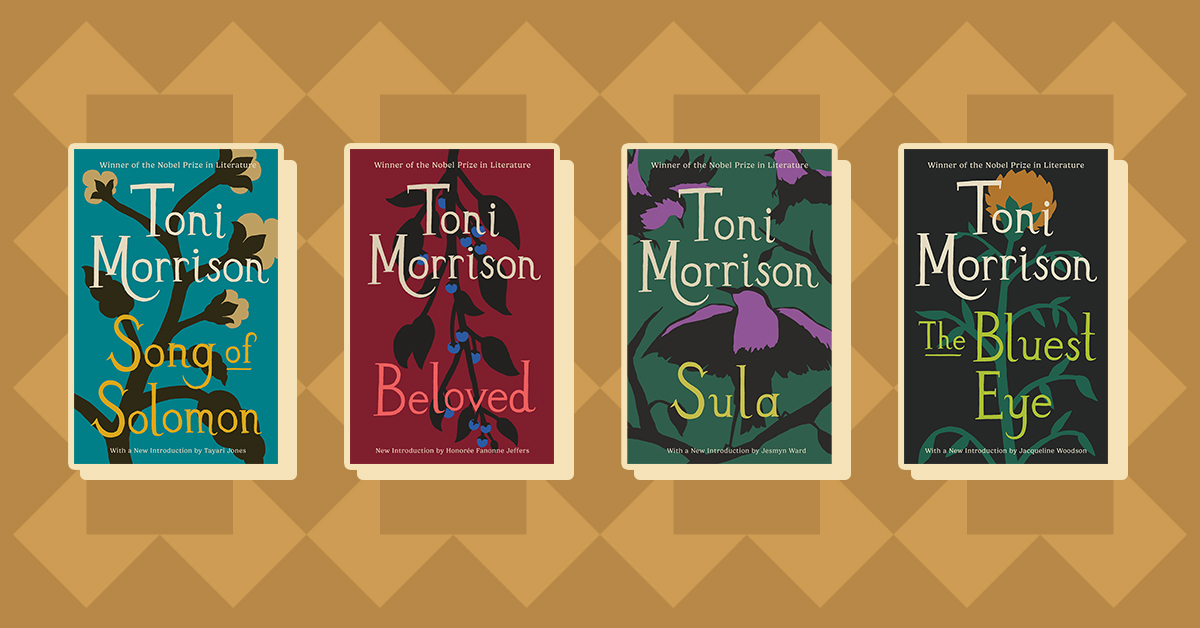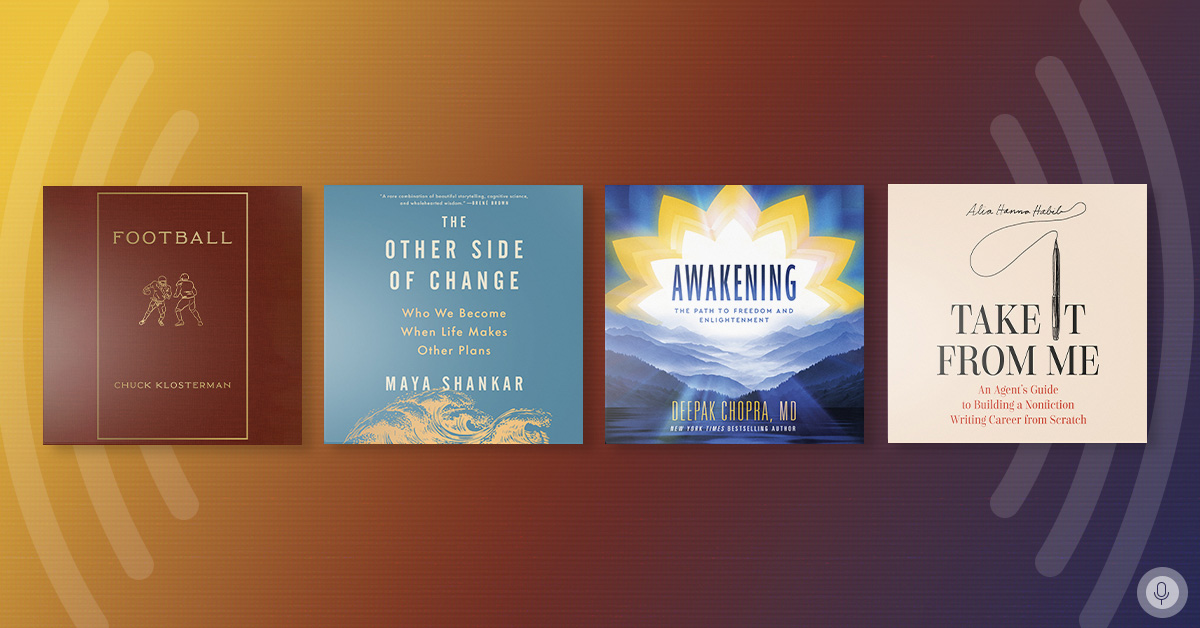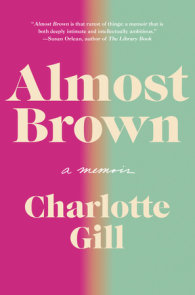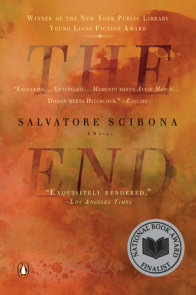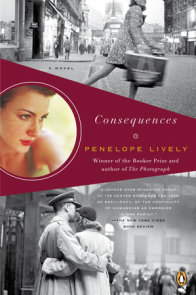READERS GUIDE
Questions and Topics for Discussion
INTRODUCTION
In a remote village tucked away in northwestern China, in the middle of Chairman Mao’s decimating reign, a young boy is falling in love—with women, with language, and with the mystery of adulthood. In Wang Gang’s novel English, the aptly named Love Liu tells the story of his coming of age in the middle of the Cultural Revolution, when a man with a book was the most dangerous figure imaginable.
Love Liu’s world is constructed, literally and figuratively, by three great forces—his mother, his father, and Mao. The cavernous school he attends (when classes are not suspended for political reasons) was designed by his architect father. His mother, also an architect, is busy with plans for a bomb shelter that will make her the toast of the local Communist Party. And everywhere Love Liu goes, he is both menaced and comforted by the paintings, the sayings, and the songs of Chairman Mao. Into this carefully orchestrated, minutely supervised world comes an outsider: Second Prize Wang, the new English teacher at the school. Unlike the other adults in Love Liu’s life, Second Prize Wang wears elegant suits and cologne, and his Shanghai ways give him the tantalizing air of a foreigner. What’s more, he carries with him an English dictionary—a book that seems to hold the answers to Love Liu’s most pressing and secret questions about love and life.
While Love Liu and his schoolmates—the bright, troubled Sunrise Huang and the rowdy, impoverished Garbage Li—busy themselves with children’s games and gossip, they are not immune to the political crisis unfolding among their elders. All three are bound up in their parents’ troubles, and the combination of childlike logic and a paranoid society is deadly.
As Love Liu and Second Prize Wang begin to gather steam on a collision course with the culture of suspicion that surrounds them, Wang Gang reveals with precision and deep sympathy the effects of a totalitarian state on individual lives and minds.
ABOUT WANG GANG
Wang Gang is a critically acclaimed novelist and screenwriter in China. English is based on his experiences growing up in western China. He lives in Beijing. Martin Merz, a native speaker of English, has a degree in Chinese language and literature from Melbourne University in Australia and is completing a master’s degree in applied translation at the Open University of Hong Kong. Jane Weizhen Pan, a native speaker of Chinese, is a professional translator as well as an interpreter in Mandarin, Cantonese, and English. She lives in Melbourne, Australia.
A CONVERSATION WITH WANG GANG
Q. How does your own experience of growing up in western China inform this novel?
I was born in the Xinjiang region in China’s far west and grew up in the capital city of Urumqi along the old Silk Road. It is true that in response to some Chinese reporters who asked whether this novel is autobiographical, I described it as “semiautobiographical” as my experience during my childhood of growing up in Urumqi certainly played a role in shaping the narrative. I readily admit to being the kind of writer who always draws on real-life experiences. Although some of the details in the book are fictionalized, I still wrote them as if they had happened to me. In the end, I can’t really draw a clear-cut line between what is fictional and my own actual life story.
Are any of the characters based on people you’ve known or heard about?Yes. All the characters are based on actual people. I came to know them quite well, as many were neighbors of mine in Urumqi during my youth. When I returned to my old neighborhood for a visit, many of them had passed away, which in Chinese is described as “rising to the sky.” On one occasion when I visited my father’s tomb in Xinjiang, I really felt I could see the spirits of my father and his many departed neighbors. Just as in life they lived together, so too were they neighbors in death. I could only wonder whether there was a Cultural Revolution in heaven.
Q. Was the decision to make Love Liu’s parents both architects a significant one in your mind—given that Second Prize Wang “intrudes” on the school constructed by Love Liu’s father?
This arrangement was not invented but based on real life. Love Liu’s parents in real life were architects who designed many buildings in Xinjiang, including schools, theaters, and office buildings. As an English teacher, Second Prize Wang naturally walked into one of Love Liu’s father’s buildings. This setup enhanced the relationship between the characters in the novel. The son was going through growing pains and became close to his teacher. While the English teacher became the boy’s best friend and guardian, the father became a stranger to his own son at the school he proudly constructed and viewed as one of his achievements.
Q. How has the novel been received in China? Has its reception been surprising to you?
The novel was very “hot” in China. In 2004, it was awarded the “Best Novel” prize as voted by critics and readers. The novel was also well received in Taiwan, where it was given its most prominent literary prize, the Top Ten Best Book Award in theChina Times (a major newspaper in Taiwan). Both of these came as surprises to me, since the topic of the novel is the past, years long gone. But in both Mainland China and Taiwan, intellectuals and general readers are very fond of the book, which surprises me quite a bit—I didn’t expect to see this kind of reaction. The sales were also very good, well over 100,000 copies in a market where many books never sell more than a couple of thousand.
Q. What is the significance of the characters’ names—Love Liu, Garbage Li, Second Prize Wang?
Love is what I long for, so I used it as the name of the boy. It conveys my wish for the most basic human relationship. I am no longer interested in the debate over love versus hate among people, but deep inside me I am still longing for love. As for the other names I used in the novel, I can tell you these are real names of real people.
Q. Can you talk about the differences between how you see Second Prize Wang and how the young Love Liu sees him?
I see Second Prize Wang as a child. Love Liu sees him as an adult because when he was learning English from Second Prize Wang he was only ten years old, but when I wrote the novel, I was in my forties. I’d like to add that as a writer I see all the characters as children.
Q. Does the song “Moon River” have a special meaning to you personally? Why did you choose it for the book?
To many Chinese intellectuals, early American films became one of the most romantic and best memories of their lives. Yesterday a friend told me he had watched Roman Holiday many times. Films like Roman Holiday and Breakfast at Tiffany’sallowed many Chinese people to open up a boundless imagination to a more beautiful world. “Moon River” is a song etched deeply into our memories. It became the echo of our most tender spot in our inner world. Its lyrics sent me to another world, a world separated by the Tianshan Mountains located in Xinjiang and the tyranny of Chinese society. In those extremely suppressed times, “Moon River” brought me endless dreams for freedom.
Q. What does the English dictionary itself represent to you in this book? Why did you choose English as the language that so enchants Love Liu?
First of all, it is a true story from real life. Love Liu (actually myself as a child) had a special affection for English because it was more than just a language for us—it was the complete opposite of the tyranny and brutality we confronted in our lives. Although we could not, at that time, have a full grasp of the civilization that was hidden behind the English language, when it entered our inner world through stories we were able to fantasize about it. And as we fantasized, we also idealized it.
The English dictionary was like an encyclopedia for children like Love Liu at a time during the Cultural Revolution when no other books were available for us to read. Children like Love Liu learned about the world from the words and definitions in that dictionary.
Q. English is told from Love Liu’s perspective as an adult. Why did you choose to give it this reflective air, rather than telling the story without his wry commentary?
Love Liu is a child, and Wang Gang is a matured writer. They should have their own perspectives that should be clearly separated. But in recalling the past, my emotions tend to overwhelm my rational side. Therefore, Love Liu sometimes changes to an old man and Wang Gang turns out to be a child.
Q. Who is your favorite character in the book, and why?
My favorite character is the father, who is portrayed as a very vulnerable person. During the Cultural Revolution, he was a complicated man with visible flaws, and he had many fears. In order for him and his family to survive, he did much that was wrong, and even committed crimes. But he truly loved his son and wife. Like the Jews facing the Nazis, he had to make choices. He was no hero. His wife understood him, protected him, and prevented him from committing suicide—which many other men did in those days. Later, when changes gradually took place in China with the so-called open-up and reform, the Chinese people began to have a little bit of the normal freedoms of human beings, but he still stubbornly clung to his past, unwilling to see his country enter a new phase. By this time his wife had moved on and left him behind, and ultimately he died in despair. The world is full of such small and petty people like him in any era, and he reflects our attitude toward life as we struggle and become increasingly complicated over time.
DISCUSSION QUESTIONS
